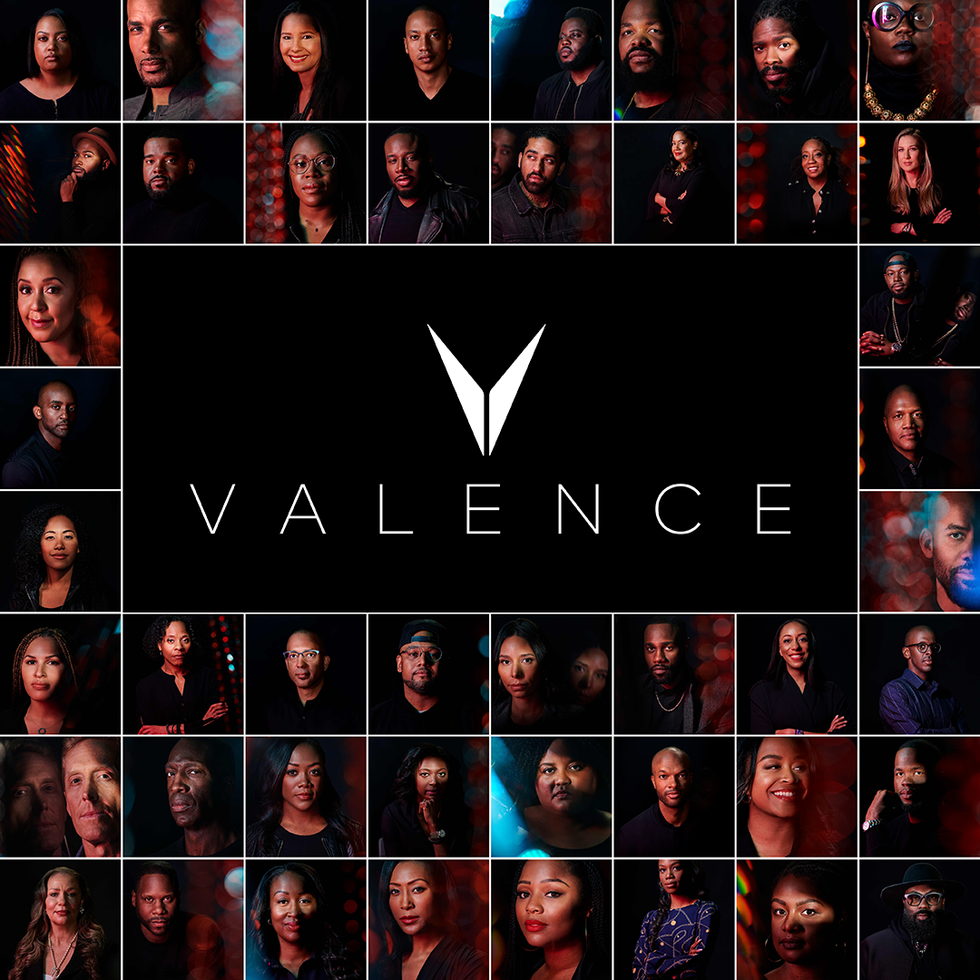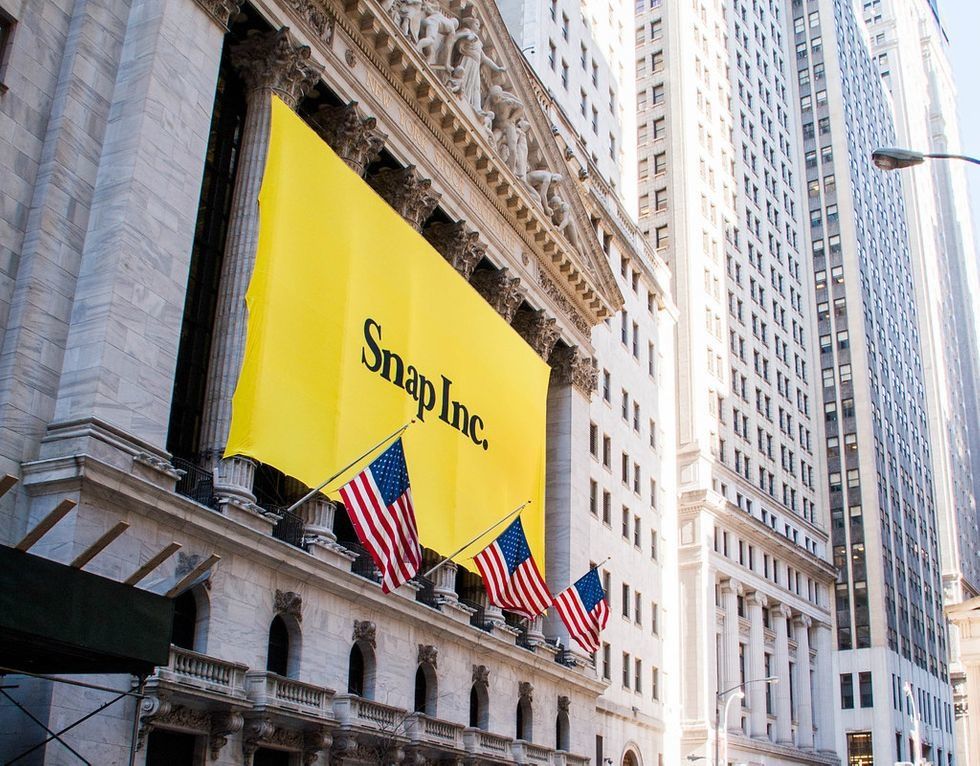Coronavirus Updates: Disney Pitches Florida Re-Open; Valence's Push for Interns; Snap, LAUSD and Celebs Partner on Reading

Here are the latest headlines regarding how the novel coronavirus is impacting the Los Angeles startup and tech communities. Sign up for our newsletter and follow dot.LA on Twitter for the latest updates.
- With internships cancelled, Valence tries to fill the void for young black professionals
- Florida is poised to open Disney World and SeaWorld. Will California be far behind?
- Snap and LAUSD promotes reading during COVID, with an assist from celebs like Alicia Keys
With internships cancelled, Valence tries to fill the void for young black professionals

Across the country aspiring young students have had their summer internships cancelled because of the pandemic, crushing dreams and muddying professional paths. It's been especially hard for communities of color, where some are the first in the family to go to college or where internships provide an entrance into a professional world.
Valence Enterprises Inc., a Santa Monica-based company that's developed a sort of LinkedIn for black professionals, is trying to offset the pain calling on their network of leaders and professionals to provide career advice. Their network of 7,000 individuals can talk on everything from Hollywood to venture capital to marketing. Indeed, the legion of young professionals seeking it will need that hand as they enter a world forever changed by the pandemic.
Many are already facing devastating family loss - as the coronavirus kills African Americans at three times that of white families. And job loss is concentrated in low-wage sectors where black and Latino workers are seeing high unemployment.
The very wealth gap that Valence seeks to lessen is only expected to widen after the pandemic.
Dubbing their efforts the "Boost Challenge," Valence is asking their network of more than 7,000 professionals to provide 30 minute one-on-one coaching sessions. "This is a chance to be coached by some really inspiring people that you otherwise wouldn't have direct access to," said Emily Slade, co-founder of Valence.
So far, they have gotten a buy in from the former chief marketing officer of Beats By Dre, and founder of Opus, Omar Johnson, to offer branding advice; Olympic medalist Michael Johnson will give partnership and sponsorship advice; and Boris Kodjoe, who founded the Full Circle Festival and is an actor and model, will offer his thoughts on the entertainment industry. Other participants include the chief marketing officer of Snap, Kenny Michell; Maisha C. Leek, a partner at Human Ventures; Derek Ali, a Grammy Award-winning mixing engineer; and Caroline Wang, chief culture, diversity and inclusion officer at Target Corp.
"As a tech platform and professional network focused on connecting the Black community with mentorship, job opportunities and capital, Valence is in a unique position to provide some support," said Kobie Fuller, the co-founder and a general partner at Upfront Ventures. Valence has previously partnered with historically black colleges and universities, where students are reeling from the impacts of the pandemic.
An online survey by HBCUvc found among students at historically black colleges 62% lost their job due to COVID-19. The sample survey of 137 students by the nonprofit aimed at increasing opportunity in venture capital and technology also showed that among those 75% held a job while at school.
Florida is poised to open Disney World and SeaWorld. Will California be far behind?

Walt Disney World wants to reopen in weeks after the Orlando amusement park was shuttered as the pandemic spread, and the company's multi-tiered proposal might be a blueprint to how the Magic Kingdom will open the front gates of its Anaheim park. Other Florida parks are also unveiling proposals to do the same, which must be approved by Gov. Ron DeSantis.
Disney plans a tiered reopening, with Disney World and Animal Kingdom opening on July 11, then Epcot and Hollywood Studios on July 15.SeaWorld wants to open on June 11. And Universal Orlando presented its plan to reopen on June 5. That plan also has been approved by the Orlando task force, which sent its recommendation to the governor. "We are developing a series of 'know before you go' communication vehicles and our objective is to reinforce our health and safety messages to guests before they arrive on our property so they are aware and prepared for the new environment," Disney's senior vice president of operations, Jim McPhee, told the task force.
Will the same re-opening plan soon be unveiled for California's version of the theme parks? The Los Angeles Times reported that a key architect of the nation's first coronavirus shelter-in-place order is criticizing the state's increasingly fast pace of lifting stay-at-home restrictions. Dr. Sara Cody, health officer for Santa Clara County — home to Silicon Valley and Northern California's most populous county — said she was concerned by the decision to allow gatherings of up to 100 people for religious, political and cultural reasons.
Snap and LAUSD promotes reading during COVID, with an assist from celebs like Alicia Keys
 c1.staticflickr.com
c1.staticflickr.comSnapchat and L.A. Unified School District are partnering to keep high school students reading books while the coronavirus pandemic keeps them from the classroom. On Wednesday, Snap launched a new original series titled The A-List Book Club on its Discover platform, which houses Snap-curated content for its young-skewing audience. The new series will showcase celebrities discussing a favorite book and what it means to them.
Participating celebrities, who will shoot the footage themselves, include Russell Westbrook, Alicia Keys, and Kendall Jenner. At the end of each episode, LAUSD students can swipe up to be directed to L.A. Unified's website, where they can enter their student credentials to receive a free digital copy of the book. Book donations are supported by L.A. Students Most In Need, a charity created to support students during this challenging time.
The series will also air on LAUSD's YouTube channel, as well as on Snapchat nationwide, but without the swipe up option. "Education creates opportunity, and we are excited to support public education and help create new ways to engage students in learning outside the structure of a classroom," said Evan Spiegel, Snap's co-founder and CEO. "We are inspired by working together with Los Angeles Unified to create resources for students to help them build the foundation for future success."
- Disney Plans to Open Florida Theme Park - dot.LA ›
- Disney Loses $1.4 Billion in Operating Income Due To COVID-19 ... ›
- Quibi May be Struggling With Advertisers - dot.LA ›
- Valence Gets $5.25M to Change How Black Professionals Meet - dot.LA ›
- Snapchat Partners With Ticketmaster to Match Users to Local Concerts ›





 Image Source: Skyryse
Image Source: Skyryse